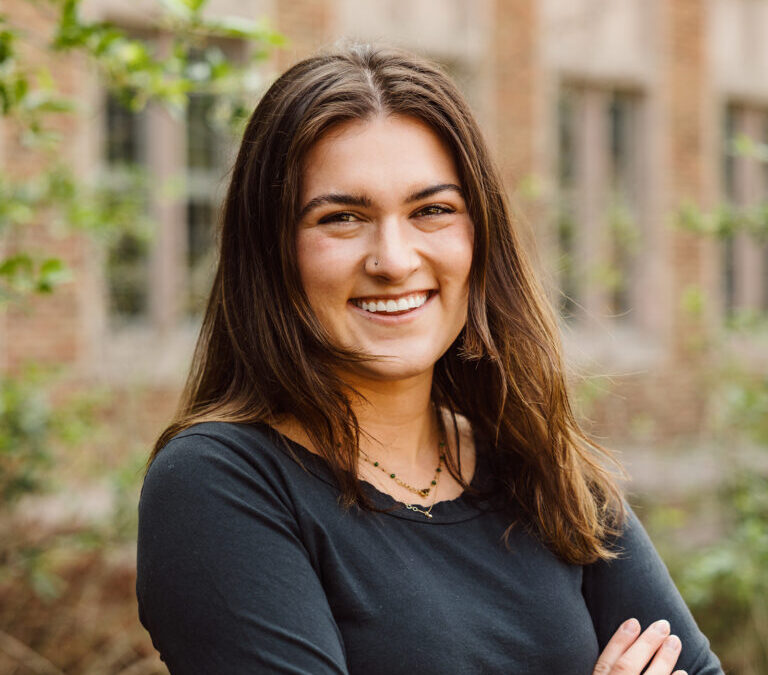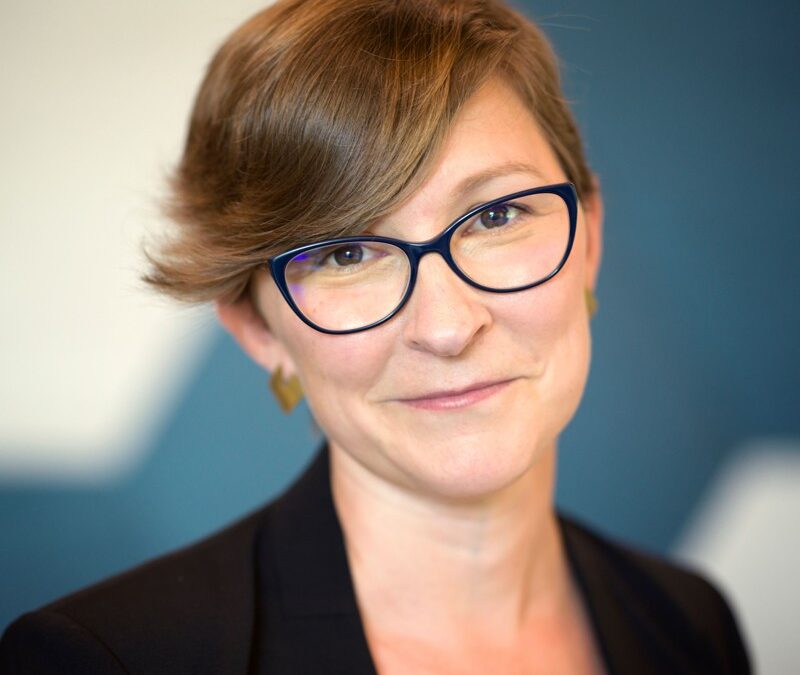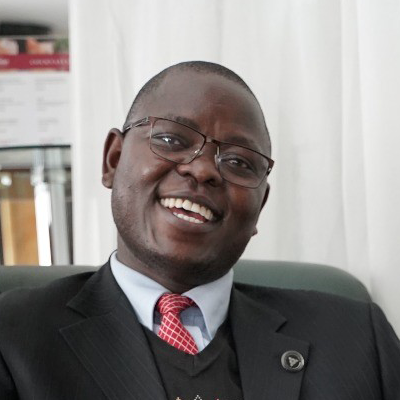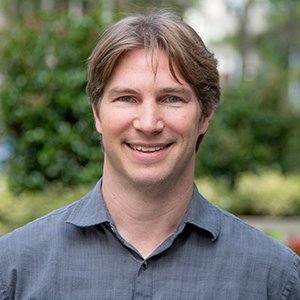
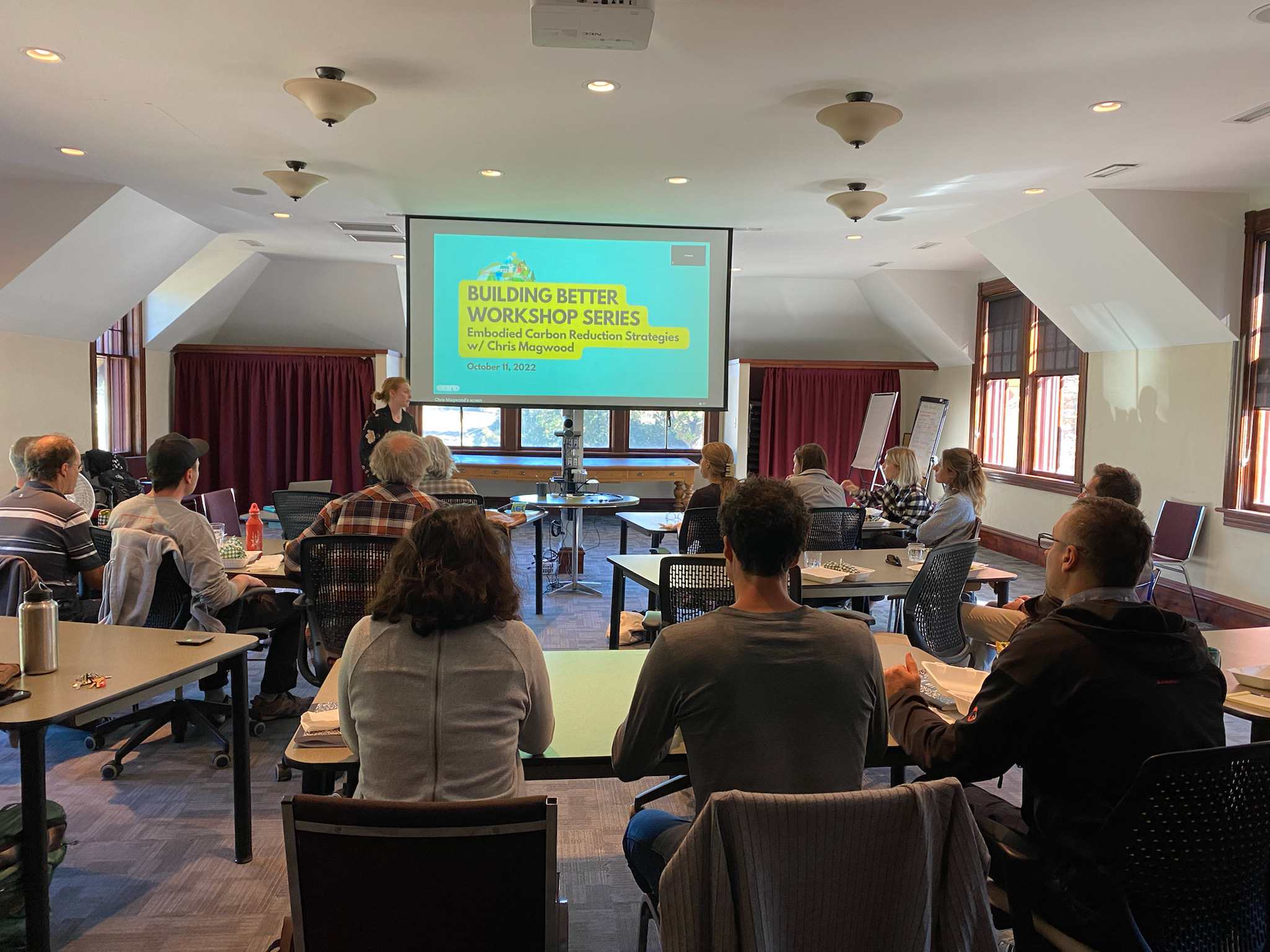
by Natalie Douglas
Climate Resilience Planner, City of Nelson, British Columbia
Over the past 2.5 years, Nelson has focused on relationship building and education as a means of addressing embodied carbon emissions. Building up capacity and trust is a crucial and complementary step to sustained action.
Accounting for consumption-based emissions has been something that we have known that we needed to do for decades. While risks of double-counting emissions have often been cited as a key reason for delay, the lack of action may be more substantively impacted by the fact that much of the world measures its progress through the consumption of material goods.
Although we are still in large part encouraging or at least facilitating the excessive consumption of finite materials, there does now seem to be momentum to change our norms. The seriousness of the need to substantially reduce greenhouse gas emissions while also fostering hope is glaringly obvious. Amidst a confluence of crises – affordability, social isolation, and climate change – buildings have a central role to play.
This fact is something the the City of Nelson, an 11,000 person strong community in south eastern British Columbia, Canada, has come to believe. In Nelson, the topic of embodied carbon emissions has been one that has seemed to bring people together. It may be the complexity of it that has in part helped solidify the perspective that collaboration and creativity is the only way to facilitate pragmatic and urgent action.
How did Nelson get started?
It started with a question of whether we were pursuing gains in energy efficiency at the cost of higher embodied carbon emissions. Our senior building official at the time, Sam Ellison, worried that there might be a material-related emissions cost to achieving the higher steps of the BC Energy Step Code (a regulatory framework that mandates higher energy efficiency performance over time and allows local authority having jurisdictions to push beyond provincial minimums).
To address this concern, Nelson initiated the Low Carbon Homes Pilot with financial support from FortisBC. With the help of Chris Magwood and the team at Builders for Climate Action and a local energy advisor, Michele Deluca, the Nelson team found that it was certainly possible to build highly energy efficient and low embodied carbon homes. Since coming to this conclusion, Nelson has sought to operationalize the findings of the study and elevate local builders who are finding ways to build lower carbon homes without adding cost (e.g., Mike Coen’s low carbon laneway home).
What has Nelson done?
Over the past 2.5 years, Nelson has focused on relationship building and education as a means of addressing embodied carbon emissions. Although regulation will no doubt play an important role in the reduction of embodied carbon, we believe that building up capacity and trust is a crucial and complementary step to sustained action.
We listened closely to feedback from our building community and made sure our embodied carbon initiatives were informed by other relevant regulatory changes. Addressing embodied carbon emissions does not happen in a vacuum.
Three key initiatives associated with Nelson’s Low Carbon Homes Pilot are summarized below:
- Embodied Carbon Advisory Group. The City established this group to convene building community members that had shown interest in reducing their emissions. Over the past 1.5 years, this group has proven to be of crucial importance to the City’s building decarbonization work.
- Industry Outreach. The City identified engaged community members from the largest emitting material category: concrete. We found common ground and worked to empower those that showed leadership. This led to our local concrete ready-mix facility, Nelson Ready Mix (NRM), offering lower carbon concrete at the same cost as their traditional mix and a large local concrete pouring company, Rokform Solutions, developing their own lower carbon concrete policy.
- Free Embodied Carbon Consultations. The City began offering free consultations to interested homeowners and/or building professionals with the help of a local builder and an energy advisor who had both received training to conduct embodied carbon analyses using NRCan’s MCE2 tool and Builders for Climate Action’s BEAM tool.
Learn more about what Nelson is up to ici (you’ll also find freely shareable educational documents like the Material Carbon Emissions Guide).
What would we recommend?
- Identify champions and open minded folks in your local or regional building industry and help elevate and support their work.
- Take advantage of existing building decarbonization networks. Empower traditionally operational emissions focused professionals to integrate embodied carbon emissions considerations into their practice.
- Don’t get lost in the weeds. Accept that embodied carbon emissions accounting is rapidly evolving and people have different roles to play in reducing embodied carbon. For example, not being up-to-date on the latest accounting methodology for use phase and end of life phase emissions shouldn’t prevent action. Equipped with some basics (i.e., use less stuff), it is absolutely possible to take meaningful action to reduce building emissions.
If a small rural community can begin to confront embodied carbon emissions, so can you.
Natalie Douglas has transitioned out of her role at the City of Nelson, focused on integrating embodied carbon considerations into building practices in Nelson, BC, to a new position as the Zero Emissions Building Exchange (ZEBx) Program Manager in Metro Vancouver.
As of September 2023, Alex Leffelaar is the new contact for the Low Carbon Homes Pilot in Nelson.

The seriousness of the need to substantially reduce greenhouse gas emissions while also fostering hope is glaringly obvious. Amidst a confluence of crises – affordability, social isolation, and climate change – buildings have a central role to play.
Note: Do you have an idea for a VIEWPOINT post? Envoyez-nous un email. Views expressed in a VIEWPOINT post are those of the author, and do not necessarily represent the views of the Carbon Leadership Forum or its staff.

